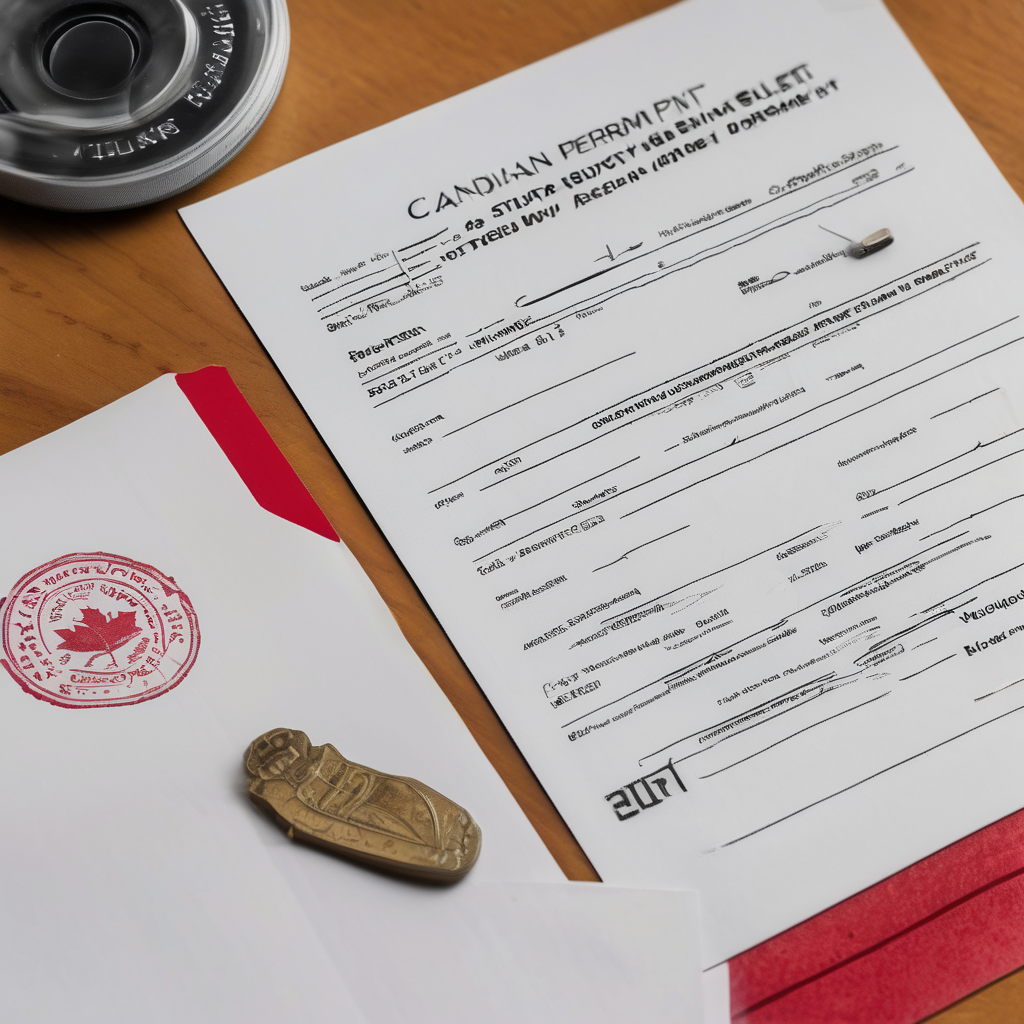Canada’s recent decision to tighten regulations for international students has led to a notable decline in permit approvals for Indian applicants. This move is part of a comprehensive strategy aimed at managing temporary migration while addressing increasing concerns over fraud related to student visas.
In the early months of 2025, Canada reported a decrease in the number of international study permits issued, marking a second consecutive year of reductions. Recent statistics reveal that 74% of applications from Indian students for study permits were denied in August 2025, a significant leap from just 32% rejection the previous year. For comparison, the overall refusal rate for study permits in the same month stood at approximately 40%, while applicants from China experienced a rejection rate of around 24%.
The data also shows a stark decline in the number of Indian applicants, plummeting from 20,900 in August 2023—where Indian students constituted more than a quarter of all applicants—to only 4,515 by August 2025. Despite India traditionally being the largest source of international students for Canada over the last decade, it now faces the highest refusal rate among countries with substantial application volumes.
This rise in permit rejections coincides with Canada’s efforts to mend its relationship with India, which has been strained due to allegations involving the Indian government’s involvement in the assassination of a Canadian citizen in British Columbia in 2023, claims that India has refuted.
However, there remains optimism that Canada and India can navigate through this challenging period and revitalize their educational cooperation. As both nations refine their immigration policies, it is crucial to sustain strong educational partnerships that provide mutual advantages. Education serves as a vital means of enhancing relationships and fostering understanding, and effectively addressing these regulatory hurdles may help restore Canada’s attractiveness to Indian students in the future.
